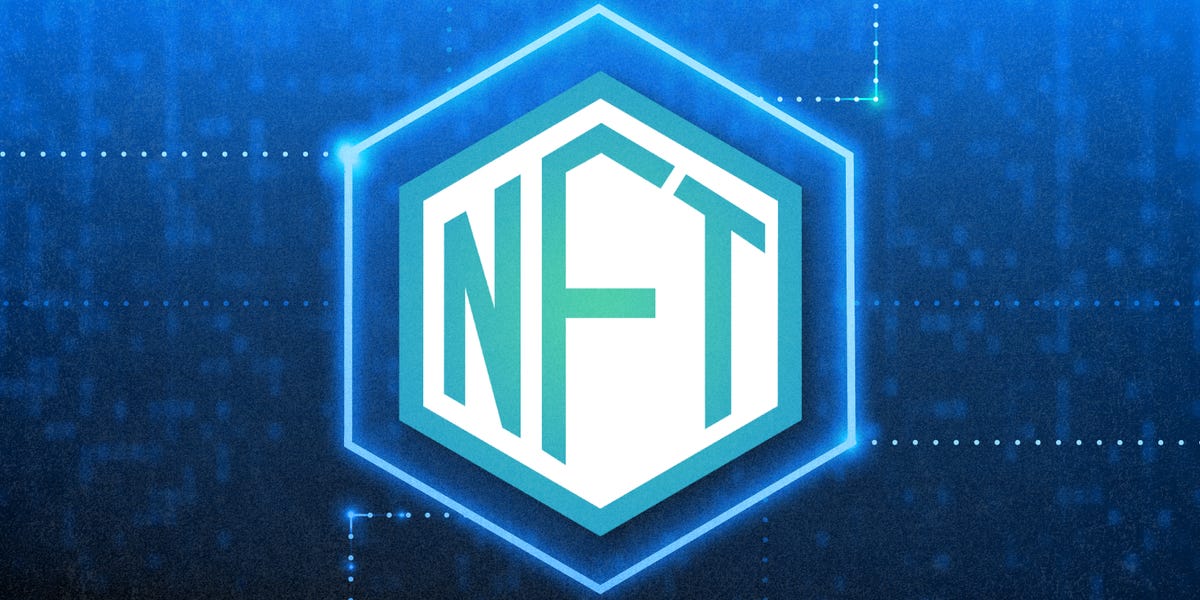NFTs Quietly Evolve Into Core Digital Infrastructure
13.06.2025 17:00 2 min. read Alexander Zdravkov
While public attention drifts from NFTs, the technology is quietly entering a more meaningful phase. No longer driven by speculation, NFTs are increasingly embedded in the infrastructure behind gaming, AI, and the decentralized web.
Despite a 24% drop in trading volume in early 2025, sales only dipped 10%, suggesting that activity remains consistent even as prices fall. This points to a maturing market where utility outweighs hype. NFT use cases—from domain ownership and tokenized real-world assets to functional items in the metaverse—are expanding steadily.
Gaming platforms like The Sandbox and Mythical continue to use NFTs to anchor in-game assets with real-world value. Interoperability is no longer theoretical; developers and users alike are engaging with tokenized systems that work across platforms.
The shift also reflects a return to NFTs’ original purpose: securing digital identity and ownership. This has become especially important as autonomous AI agents increasingly operate in decentralized environments. NFTs are now being used to verify credentials and enable access in AI applications. On Bittensor, for example, NFTs certify completed Solidity audits, while Peaq’s “machine NFTs” assign identities to autonomous devices like drones and vehicles.
At the same time, social wallets are helping normalize NFT integration. Users log in with email or social accounts, unknowingly interacting with NFTs tied to avatars, memberships, or achievements—assets that are portable, tradable, and cross-compatible.
Far from fading, NFTs are becoming foundational. No longer front-facing collectibles, they now serve as backend tools for access control, identity verification, and transactional logic. The real story of NFTs isn’t about speculative rebounds—it’s about their growing role as digital infrastructure.
-
1
Nvidia Surges as Barclays Sees $200 Target on Blackwell Momentum
18.06.2025 11:00 1 min. read -
2
Gold Glides Toward New Peaks as Middle-East Strife Lifts Safe-Haven Demand
15.06.2025 10:00 2 min. read -
3
a16z Backs EigenCloud Launch With Fresh $70M Token Buy
18.06.2025 14:00 1 min. read -
4
Bybit Steps Into DeFi With Solana-Based Platform
16.06.2025 17:00 1 min. read -
5
ARK Invest Takes Early Profits After Circle’s Skyrocketing IPO
18.06.2025 9:00 1 min. read
What’s Driving July’s Crypto Conversations, According to Santiment
According to Santiment’s latest narrative dashboard, the start of July has seen a surge in online discussions around a wide range of crypto themes, with Solana ETFs, stablecoins, Virtuals, Robinhood, and AI bot projects like Yapyo & Kaito leading the spike in mentions across platforms.
Market Odds of a U.S. Recession in 2025 Drop in Half Since May
The likelihood of the United States entering a recession in 2025 has dropped significantly, according to the latest market data from prediction platform Polymarket, where recession odds have fallen to just 22%, marking a notable decline from earlier highs in April and May.
Majority of U.S. Crypto Investors Back Trump’s Crypto Policy, Survey Finds
A recent poll reveals that over 70% of U.S. crypto investors support President Donald Trump’s current approach to digital asset policy, reflecting growing optimism within the sector.
Donald Trump Signs “One Big Beautiful Bill”: How It Can Reshape the Crypto Market
U.S. President Donald Trump has officially signed his sweeping policy bill into law, enacting one of the most consequential pieces of legislation of his presidency.
-
1
Nvidia Surges as Barclays Sees $200 Target on Blackwell Momentum
18.06.2025 11:00 1 min. read -
2
Gold Glides Toward New Peaks as Middle-East Strife Lifts Safe-Haven Demand
15.06.2025 10:00 2 min. read -
3
a16z Backs EigenCloud Launch With Fresh $70M Token Buy
18.06.2025 14:00 1 min. read -
4
Bybit Steps Into DeFi With Solana-Based Platform
16.06.2025 17:00 1 min. read -
5
ARK Invest Takes Early Profits After Circle’s Skyrocketing IPO
18.06.2025 9:00 1 min. read


